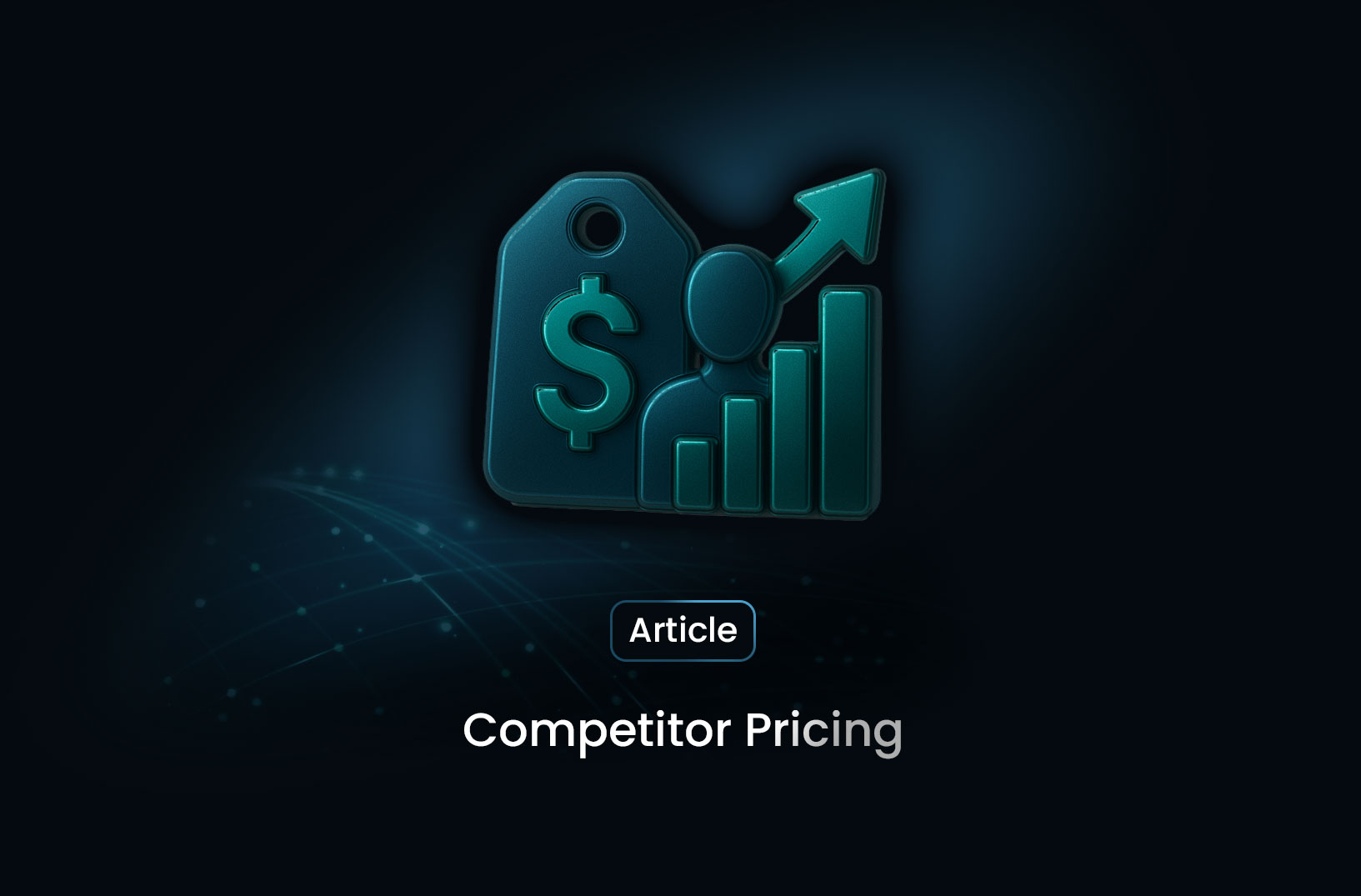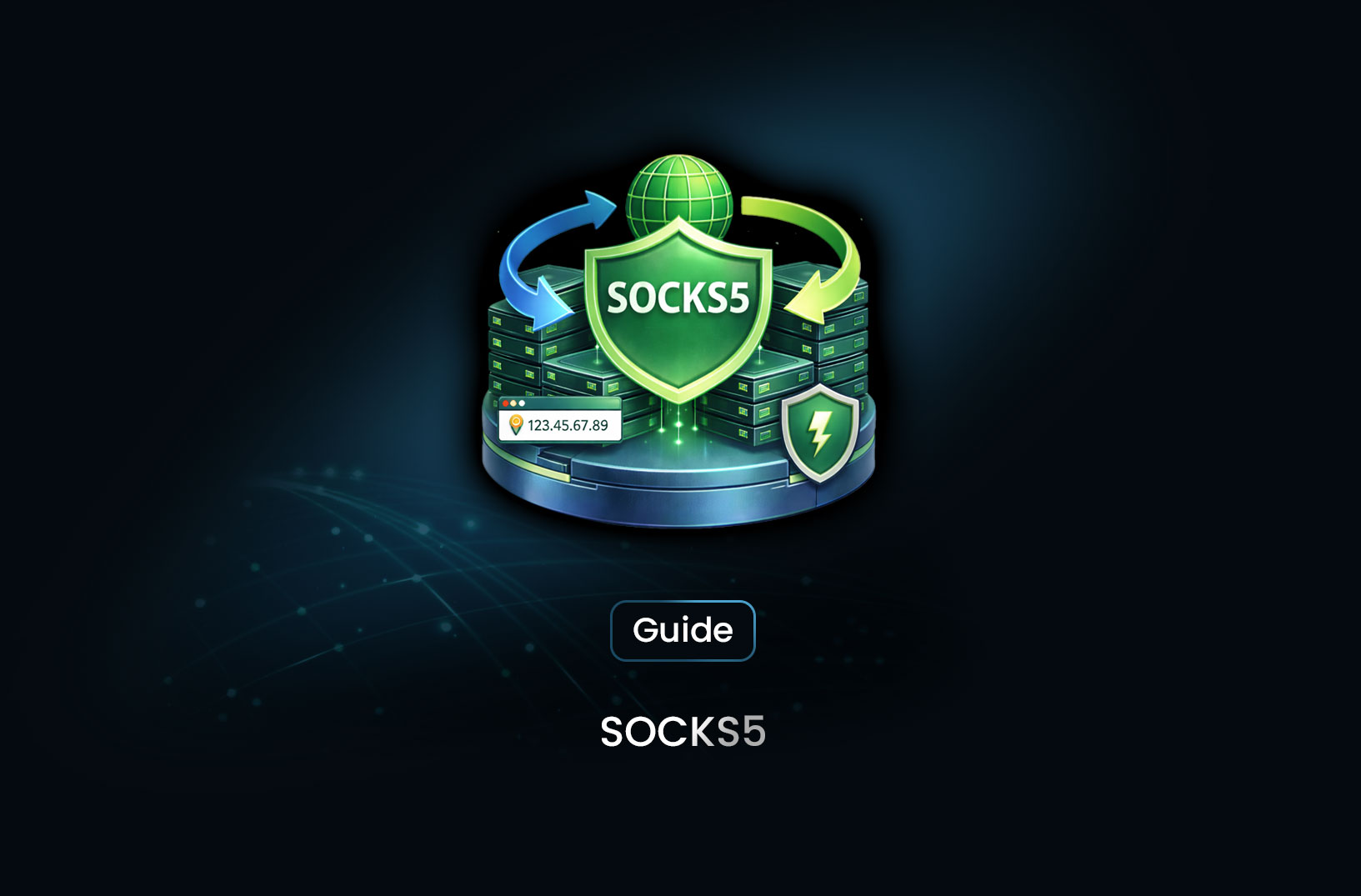
How to Find Competitor Pricing: a Comprehensive Guide
GuideDiscover the best methods to track and analyze competitor pricing using web scraping and other market intelligence strategies.
Why Competitor Pricing Matters
Understanding competitor pricing is crucial for businesses to stay competitive, optimize their pricing strategies, and maximize profits. Whether you're in e-commerce, SaaS, or retail, monitoring competitor prices helps in:
- Setting competitive prices
- Identifying market trends
- Optimizing promotions and discounts
- Improving profit margins
Methods to Find Competitor Pricing
1. Manual Research
You can visit competitor websites, marketplaces, or comparison platforms to check pricing. However, this method is time-consuming and not scalable for frequent updates.
2. Web Scraping
Web scraping automates price tracking by extracting data from competitor websites. With tools like MrScraper, you can:
- Collect real-time price data
- Track price fluctuations over time
- Compare multiple competitors easily
3. Price Monitoring Tools
Several third-party services specialize in competitor price monitoring. These tools provide automated reports and alerts when prices change.
4. API Access
Some e-commerce and marketplace platforms offer APIs to access pricing data legally. Checking if competitors provide API access can be a reliable way to track prices.
Is Scraping Competitor Pricing Legal?
Web scraping falls into a legal gray area. Before scraping:
- Check Robots.txt – See if the site allows bots to scrape its pages.
- Adhere to Terms of Service – Some sites restrict automated data extraction.
- Use Ethical Scraping Methods – Avoid excessive requests that could overload the server.
Conclusion
Tracking competitor pricing is essential for businesses to stay competitive. Whether through manual research, web scraping, price monitoring tools, or APIs, businesses can gain insights to optimize their pricing strategies. With the right approach, you can ensure your pricing remains competitive while complying with legal and ethical considerations.
Need an efficient way to scrape competitor pricing? Try MrScraper for automated data extraction!
Find more insights here

How to Use a SOCKS5 Proxy Server
A SOCKS5 proxy is simply a piece of infrastructure that sits between your device and the internet an...
.jpg)
Spotify Profiles Search Scraper: How It Works and Why Developers Use It
Unlock music market insights by scraping Spotify user profiles. Learn the best tools for keyword-bas...

Facebook Marketplace API: What Developers Need to Know in 2026
Learn why Meta doesn't offer a public endpoint and discover the 3 best ways developers programmatica...
